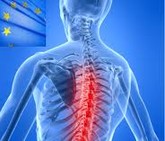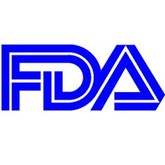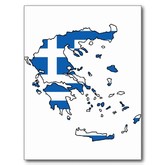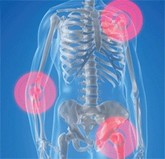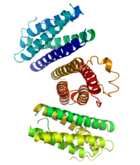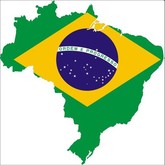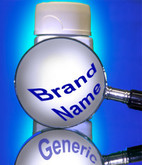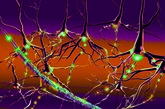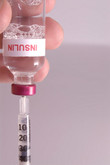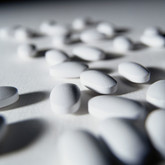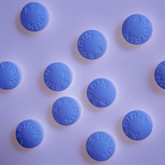Biosimilars/Research
|
Posted 08/03/2013
Period: September to December 2012
Over the past decade, the availability of targeted biological therapies has revolutionized the treatment of rheumatoid arthritis, psoriatic arthritis and ankylosing spondylitis. However, the significant cost of these biologicals is often prohibitive and limits universal access to these effective therapeutic agents. Whereas generic drug equivalents are commercially available for many small-molecule medications, such lower cost alternatives to targeted biological therapies are not yet available in the US or the EU. The first biological therapeutics in rheumatology is now approaching patent expiration and biosimilars are now in randomized controlled trials. This means that cheaper biosimilars for the treatment of rheumatic diseases are likely to enter the market in the near future, increasing patient access to these life-changing treatments.








